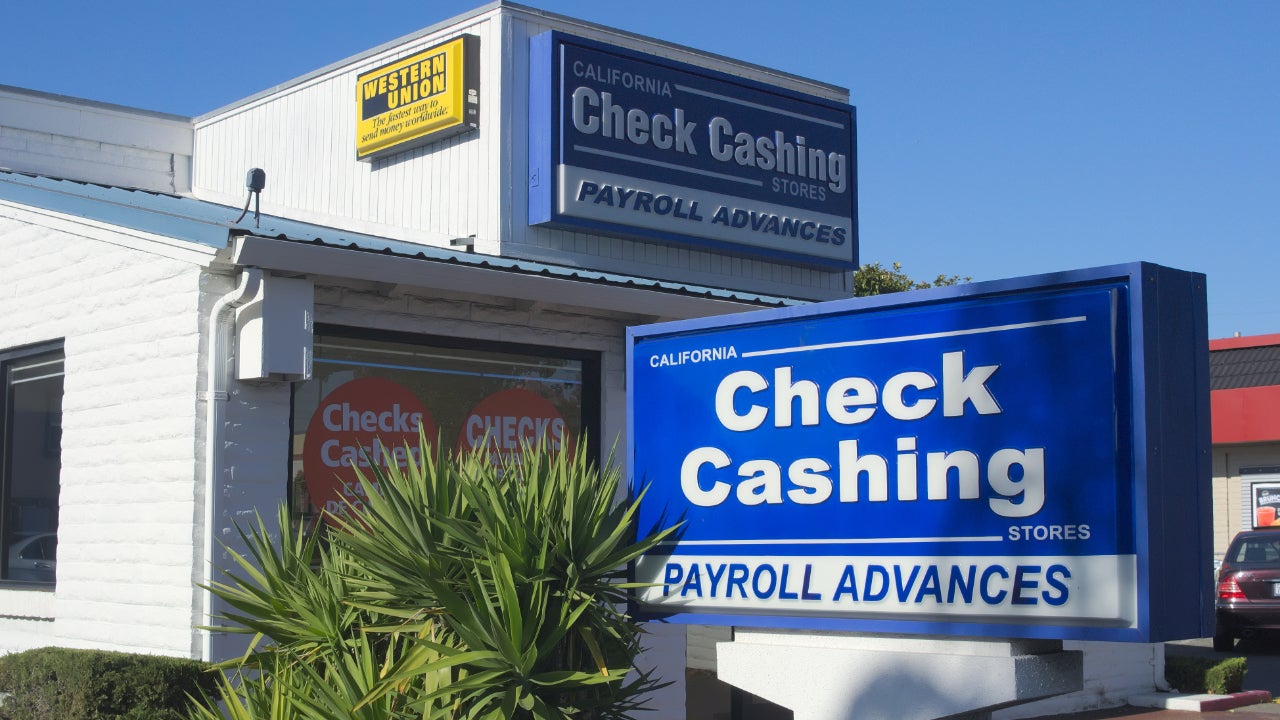What is a demand deposit account (DDA)?

Demand deposit accounts (DDAs) are the most common type of bank accounts, and most Americans have one or more of them. They provide easy access to your money, making them suitable for holding your emergency savings as well as paying bills, writing checks and making debit card purchases.
Key takeaways
- Demand deposit accounts (DDAs) include savings, checking and money market accounts. They’re often useful for everyday spending and paying bills.
- Money in these accounts can be withdrawn anytime without penalty (although some may charge a small fee for exceeding a set number of withdrawals per month).
- Some DDAs earn nominal interest, and these commonly include savings and money market accounts.
Demand deposit account definition
A demand deposit account is another term for a checking, savings or money market account. Money in these accounts is highly liquid, and you’ll be able to withdraw funds at any time without paying the bank a penalty. (However, under Regulation D guidelines, banks may charge you a small fee for going over a set number of withdrawals in a month.)
DDAs are offered by most banks and credit unions. Some of these accounts earn interest, although the rate is often minimal to modest.
How demand deposit accounts work
DDAs offer many ways you can manage your day-to-day finances as well as saving money for emergencies. Depending on the type of DDA you have, you may be able to use it to:
- Withdraw cash from an ATM or bank branch
- Make purchases using a debit card
- Pay bills
- Write checks
- Deposit checks
- Receive direct deposit of paychecks
- Transfer money electronically to or from other accounts
- Send money electronically to friends or family members
Pros and cons of demand deposit accounts
Pros
- Provide quick and easy access to your funds through ATMs, debit cards or branches
- May earn interest
- Serve as a safe place for your funds when the bank or credit union is federally insured
Cons
- When interest is earned, it’s often a yield that’s low compared with the returns of some investment accounts
- May charge monthly maintenance fees
- May require a minimum balance, which can be higher than some customers prefer to keep in the account
Demand deposit account vs. direct debit authorization
Note that direct debit authorization, also commonly abbreviated as “DDA,” is a separate concept from demand deposit accounts. A direct debit authorization refers to transactions you make using your debit card. An example would be a debit card purchase you make at the grocery store.
Types of demand deposit accounts
Savings accounts
A savings account is a demand deposit account that usually earns a small amount of interest. The annual percentage yield (APY) earned on a savings account is variable, meaning that the bank can raise or lower it at any time.
While savings accounts at big banks typically earn rock-bottom yields, anyone seeking significantly higher rates will often find them at online banks.
A savings account is a good place for your emergency fund, since you can access the money easily when unplanned expenses arise. Many savings accounts charge very few fees, or even none at all.
Money in a savings account is federally insured up to $250,000 per account owner, per ownership category, when a bank or credit union is insured by the Federal Deposit Insurance Corp. (FDIC) or the National Credit Union Administration (NCUA).
Checking accounts
A checking account is typically an integral part of one’s personal finances, as this account allows you to deposit paychecks, pay bills, make debit card purchases, send money to others and withdraw cash.
Unlike a savings account, a checking account is a type of demand deposit account that doesn’t limit the number of transactions you can make without paying a fee. Like savings accounts, checking accounts are often covered by FDIC or NCUA insurance.
Money market accounts
Like savings accounts, money market accounts are interest-bearing accounts, but they often come with some of the features associated with checking accounts. These may include check-writing privileges and debit cards.
Since money market accounts are not primarily designed for money moving in and out frequently, you’ll likely encounter limits on the number of withdrawals you can make in a month.
Demand deposit accounts vs. time deposit accounts
Time deposit accounts, also known as term deposit accounts, are designed for holding your money for a set amount of time. Withdrawing your money from such an account before the term has ended typically results in a penalty. In exchange for locking away your money, time deposit accounts often pay higher yields than demand deposit accounts.
A certificate of deposit (CD) is an example of a time deposit account. CDs come with terms that typically range from three months to 10 years. They usually feature guaranteed rates, so the APY your money earns will remain the same throughout the term. Locking in your money with a fixed rate can be beneficial in a falling rate environment, but it may not be a good idea at a time when rates are rising, depending on your individual circumstances.
Like demand deposit accounts, funds in time deposit accounts can be protected at financial institutions with FDIC or NCUA coverage.
Time deposit accounts such as CDs aren’t the right place for an emergency fund, since you’ll likely pay an early withdrawal penalty if you need access to the money before the term expires.
| Demand deposit account | Time deposit account | |
|---|---|---|
| Locks in funds for a set term | No | Yes |
| Type of interest earned | Variable or none | Fixed |
| Possibility of FDIC or NCUA insurance coverage | Yes | Yes |
Bottom line
Most Americans have one or more time deposit accounts in the form of a checking account, savings account or money market account. These accounts are highly liquid, making them useful for your emergency fund as well as for managing your day-to-day finances.
You may find a time deposit account, such as a CD, that earns a higher APY, but that’s often in exchange for locking in your funds for a set period of time. You’ll want to carefully consider how you plan to use the account as well as your financial situation before deciding which type of account will be the right fit for you.
Why we ask for feedback Your feedback helps us improve our content and services. It takes less than a minute to complete.
Your responses are anonymous and will only be used for improving our website.






